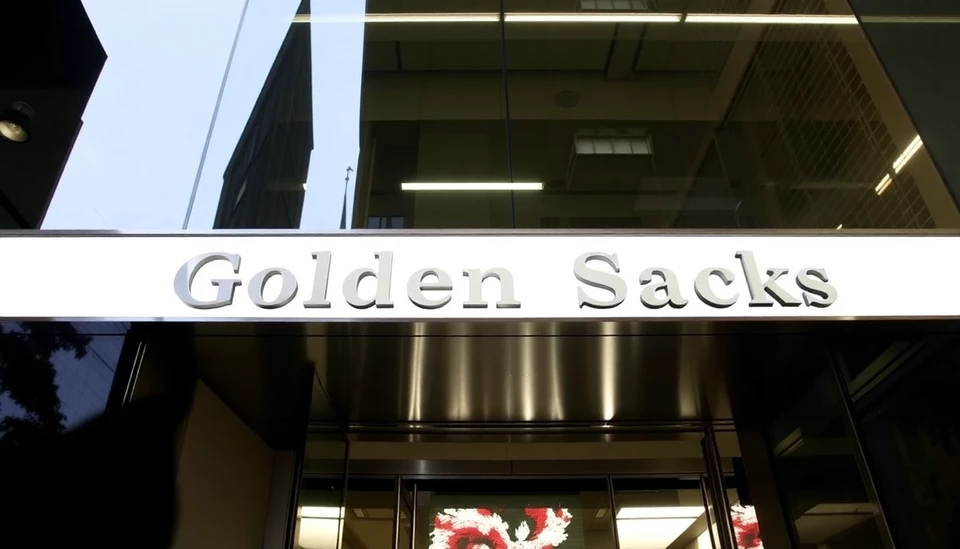
In a decisive move aimed at combating soaring inflation, Turkey's central bank has raised its policy interest rate to 46% from 42.5%. This unexpected increase marks one of the most aggressive monetary policy adjustments seen in recent years, reflecting the government's commitment to stabilize the economy amidst a turbulent financial environment.
This latest rate hike, announced on April 17, 2025, comes as inflation in Turkey continues to outpace forecasts, intensifying pressures on consumers and businesses alike. The central bank, under the leadership of its new governor, is signaling a robust approach toward tightening monetary policy as part of its broader strategy to restore economic stability and maintain the value of the Turkish lira.
The implications of this rate increase are profound, as the central bank attempts to rein in inflation, which has risen dramatically in recent months, reaching alarming levels that have disproportionately impacted lower-income households. Analysts expect the bank to maintain a stringent stance in the coming months to steer the economy back on track, suggesting that further rate hikes may be on the horizon if inflationary pressures persist.
The move has drawn reactions from various sectors within the country, with some praising the central bank for taking such a bold step, while others express concern over the potential negative impact on borrowing costs and overall economic growth. The higher interest rates are likely to complicate financial conditions, making loans more expensive for consumers and businesses, which could stunt economic activity in the short term.
Market analysts had anticipated a rate hike, but the size of the increase came as a shock, leading to oscillations in market performance. The Turkish lira, which has struggled against the U.S. dollar over the past year, will likely face volatility as investors assess the implications of this new rate and the central bank’s potential commitment to further increases.
The central bank's bold decision underscores a shift in monetary policy that aims to prioritize price stability and restore confidence in Turkey's financial landscape. As the government gears up to address these economic challenges, all eyes will be on the central bank's forthcoming strategies and whether they can effectively curb the inflation that has plagued the nation.
With this policy adjustment, the Turkish central bank aims not only to stabilize the economy but also to reinforce the independence of the institution amidst political pressures that have historically impacted its operations. As the situation unfolds, it will be crucial to monitor how these measures affect both consumer behavior and the broader economic climate in Turkey.
With these developments, the Turkish economy is at a crossroads, facing the challenge of balancing inflation control with the need for sustainable growth. The outcomes of this aggressive monetary policy will be pivotal in shaping the future economic landscape of the nation.
#Turkey #CentralBank #InterestRate #Inflation #EconomicStability #FinancialMarket #MonetaryPolicy
Author: Daniel Foster




